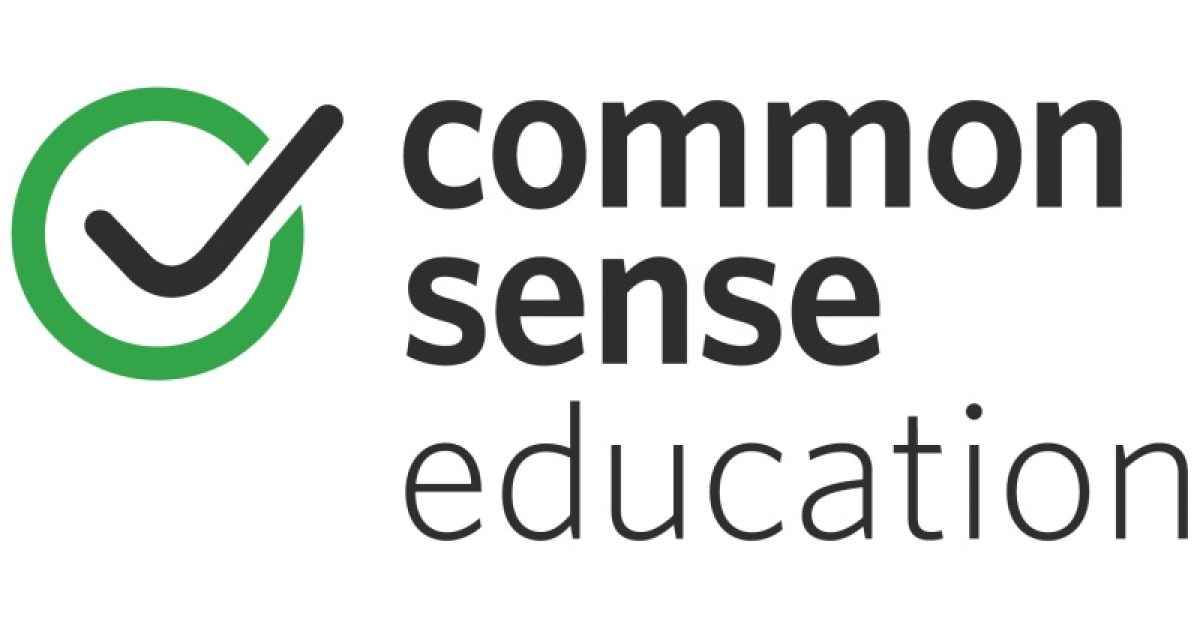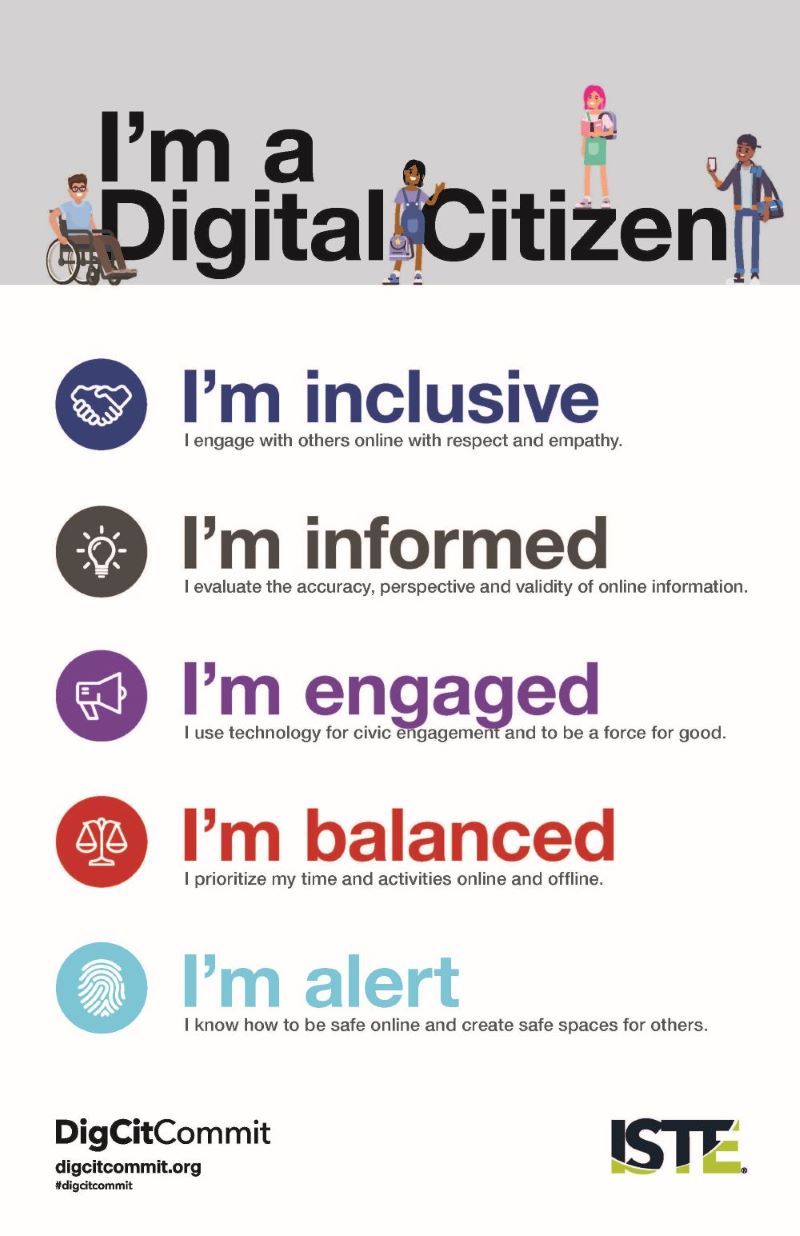
Desmond Tutu once said, “if you are neutral in situations of injustice, you have chosen the side of the oppressor.” These words couldn’t be more relevant to our world right now. These words challenge me to advocate, speak up, and seek change… because nothing good comes from being neutral. Does taking part in social justice look the same for everyone? No. However, I do know that staying silent is not an option.
These thoughts and ideas, along with many others, were brought up in our final #eci830 debate last week. It was a class that I will never forget. I was moved, impacted, and inspired through the words that were spoken and the stories that were shared. The topic was “educators have a responsibility to use technology and social media to promote social justice.” For the debate, Mike and Jacquie brought forward valuable points that reminded us that “school can and should be bigger than its walls.” They said that promoting social justice through social media allows students to develop skills in problem solving, critical thinking, collaboration, and perseverance. They said that if we want equity, then we can’t stay silent. On the other hand, Brad and Michala talked about how instead of addressing social justice issues online, educators should focus on face-to-face communication because social justice starts with relationship. They also reminded us of the problems that can arise with “slacktivism”, which is “showing support for a cause with the main purpose of boosting egos of participants in the movement.”
As educators, I do believe it is our responsibility to teach social justice, but it doesn’t necessarily mean through social media. Rather, social media gives us the opportunity. However, staying out of these conversations because they are too “political” or too “complicated” is a privileged point of view. Your voice is needed in these important conversations. Your voice is needed in your personal relationships, at your workplace, and around the dinner table. For some of us, our voice needs to be used online, within social media, and in a digital setting.

We are living in a time where social media is used by the masses. It has the ability to reach people in an instant and make a mark. This has especially been made known within the last two weeks. We have seen an outcry of support for #BlackLivesMatter through social media movements like #BlackOutTuesday. We have been able to spread awareness, sign petitions, and stand together online. There is no doubt about it, social media has gained an important place in our society, especially when it comes to social justice. Even though there is incredible value in using our voice online, it’s also important to make sure we are amplifying the voices that are needed right now. This is something that I have come to recognize the incredible importance of.
Monique Melton, an anti-racism educator and author, posted two pictures on Instagram recently that struck me to the core. The first post says “Your Silence is Violence.” She goes on to say that “when I think of all the ways in which white supremacy is so violent, one that comes to mind is white silence….So what are you going to do? How will you disrupt this legacy of white silence? It’s not about being an expert or having all the words to say…it’s not about this at all. There’s a way to use your voice without speaking over us or for us—we have a voice and you need to be amplifying it. But instead you’re silent. And that’s violent.”
In another post titled “White Fatigue is Violent”, she says “the white fatigue keeps you silent, apathetic, inactive & violent…Instead of focusing on how this work makes u feel, focus on why this work must be done, daily. This work must be done to end the racialized violence against BIPOC (Black, Indigenous, and People of Colour), repair the centuries of harm done & redistribute power & resources equitably so we can all live fully in our humanity. Do the work, daily.”
It’s crucial to recognize that before we can be effective in using our voice online, we need to look within ourselves and like Monique says, “do the work daily”. We all need to address and evaluate our own biases and privilege in our own lives before we take it to the world. Jacquie brought up an important point in the debate by saying “the deep work is personal.” When we talk about anti-racism work, it’s more than posting, donating, or signing petitions. It’s a conscious effort to not only recognize the privilege in your own life, but to actively stand up to the white supremacy that is embedded into North America. It’s about speaking up for the marginalized and oppressed in every platform or circle we are a part of. We need to collectively come together and dig up the roots of racism and injustice in our society. What it comes down to is that we all have a responsibility to promote social justice, but we also have deeper work to do, which cannot be done on social media.
If you need somewhere to start, here are some resources that have helped me in this social justice journey. But remember, this is just a starting point. The work needs to be done daily… in our everyday thoughts, actions, and words.
- Unsettling Canada: A National Wake-Up Call (Arthur Manuel and Grand Chief Ronald M. Derrickson)
- White Privilege: Unpacking the Invisible Knapsack (Peggy McIntosh)
- 5 Microagressions That Erode School Culture (Tamara V. Russell)
- 8 Ways Teachers Can Address White Supremacy in the Classroom (Tanner Higgin)
- Uncomfortable Conversations with a Black Man (Emmanuel Acho)
As Jacquie said in our debate last week, “maybe we don’t need to go for the home run of fixing the world through one tweet, perhaps it’s those little things and those little moments of leaning into what breaks your heart and creating ways and places that we can act in service, and kindness, and in compassion.” Social media can be the platform of change, but we all need to carry empathy and compassion on this road of anti-oppression and social justice if we want to make a difference in our world. We will pursue the deeper work within ourselves, so that we can continue to fight for change in our work places, families, churches, classrooms, and communities.
-Amanda




























